Former FBI And CIA Agents Are Sharing “What They Can Reveal Without Killing Us,” And OMG
A little while ago, Reddit user u/mr_squirell posed the question, "FBI/CIA agents of Reddit, what’s something that you can tell us without killing us?"
MGM
And there were so many fascinating answers! Here are some of the top-voted responses:
Note: Obviously we can’t confirm all of these stories, but these people are supposedly speaking from their own experiences as alleged government employees.
1."My dad worked for the government, and he told me that any time he had a meaningful interaction with someone who wasn't American (i.e. going over to my friend's house for Lunar New Year or going on vacation to Canada), he had to report it all, and if he saw anything suspicious."
"Yep. I went through a clearance upgrade and got asked about a couple of people that I know through friends who I didn’t include on my paperwork and if I knew their background."

2."My girlfriend worked for the National Reconnaissance Office after college. At the time, they were responsible for analyzing the nation's spy satellite photos. She told me there's a special garbage chute for classified materials. It's in the hallway. When you are new, as a hazing ritual, they tell you you have to shout your badge number down the chute before throwing in any materials. This is hilarious."

3."My dad worked for GCHQ in the UK in the '80s doing voice recognition. He can't say anything more for another decade, but the way they can recognize you by Siri/Google today was being used in the '80s...just a bit slower."
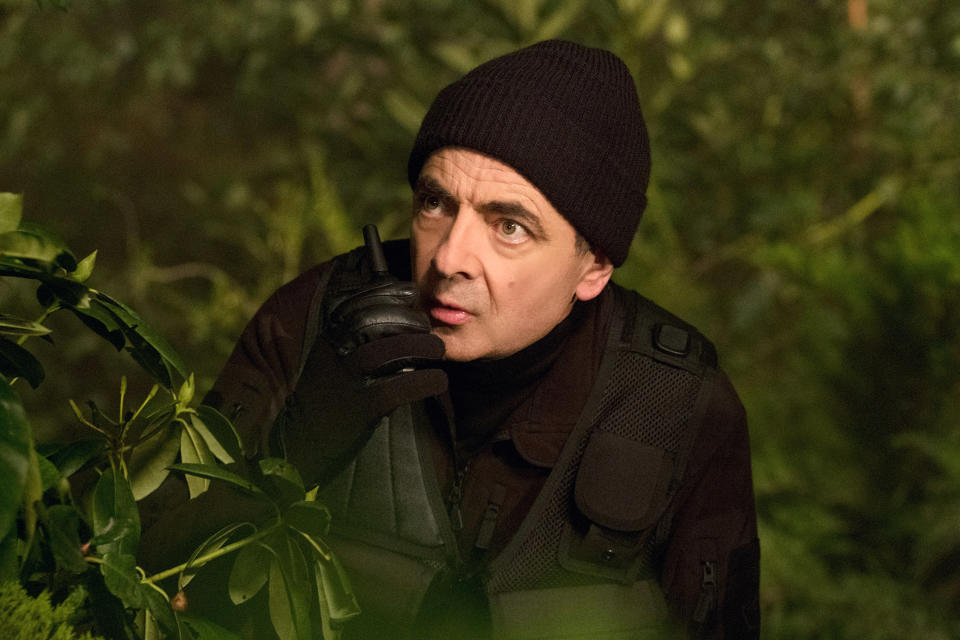
4."Not an FBI or CIA officer, but my sister is a district attorney, and over the years, she has prosecuted a number of animal-cruelty cases. This led to her having an ongoing partnership with the FBI for the last several years. It turns out the FBI started tracking animal abuse cases about 10-15 years ago due to the incredibly high correlation between abusing animals when you're young and becoming a serial violent offender as an adult."
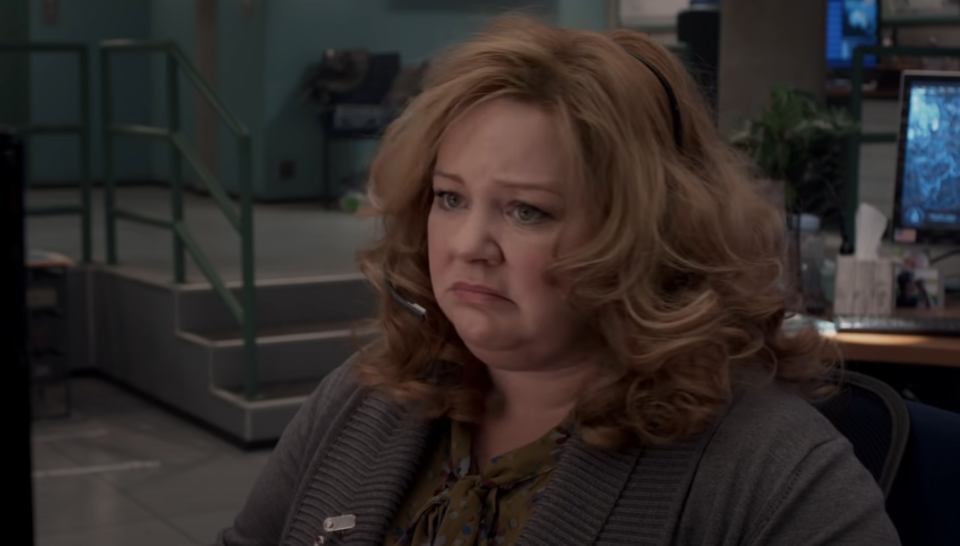
5."I have a relative that retired from the NSA a few years ago. She has talked about a few things. 1. You will see things that entirely change your view of the world. People go in there all the time with lofty goals of changing things, and within months, those goals are mostly gone. Still, if you want to change things, you work for the agency. If you just want to make money, you work for a contractor. No one cares what contractors have to say.
"2. Most people who stay long enough will do a tour in counterterrorism. Many people transfer out after a few months, and the average stay is two years because of the visuals. Those who stick around for a long time often change for the worse, and many struggle with mental illnesses, become alcoholics, get divorced, and generally lead miserable lives with their work their only reason for continuing."

6."My spouse is an FBI agent. One of the things they had to do at the FBI Academy was go to the Holocaust Memorial Museum in DC. The lesson was what can happen if you blindly follow orders without ever questioning the morality/intent behind them. I found that pretty compelling, and I was glad to hear that it's part of their training."

7."I applied to be an accountant at the FBI out of college. On the first or second page of the application, it asks if you have ever done any illegal drug. Not wanting to lie, I said yes, and it immediately ended the application process. It's shocking to me that there are so many FBI agents, and absolutely none of them have ever smoked weed."
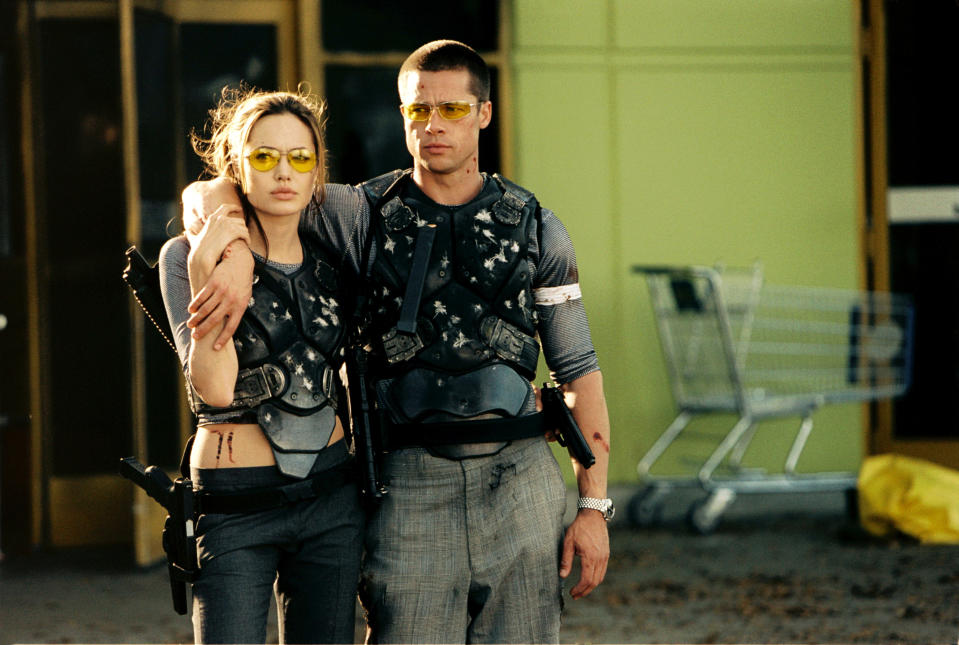
8."I was an analyst, not an agent/officer. About 85% of all classified material is classified because of how it was collected, not because it is juicy/useful."
"Can definitely confirm this. I never worked for Counter Intelligence or anything spicy like that, but I did work on the weapon system for Tomahawk Missiles in the US Navy, which did grant me a Top Secret Clearance.
I was stoked when I got the clearance; I was hoping I'd be able to access some interesting stuff. I was largely disappointed. The metric ton of classified material has almost no business being classified. There was a ton of stuff I learned about the particulars of different weapons systems, radars, and the warship in general that was technically classified, but could've easily been found out with a Google search.
There's also a ton of stuff that is just plain uninteresting and seemingly unimportant. I did understand that, though. The slow accumulation of seemingly mundane details can, over time, form a clear picture on the function and purpose of different things."
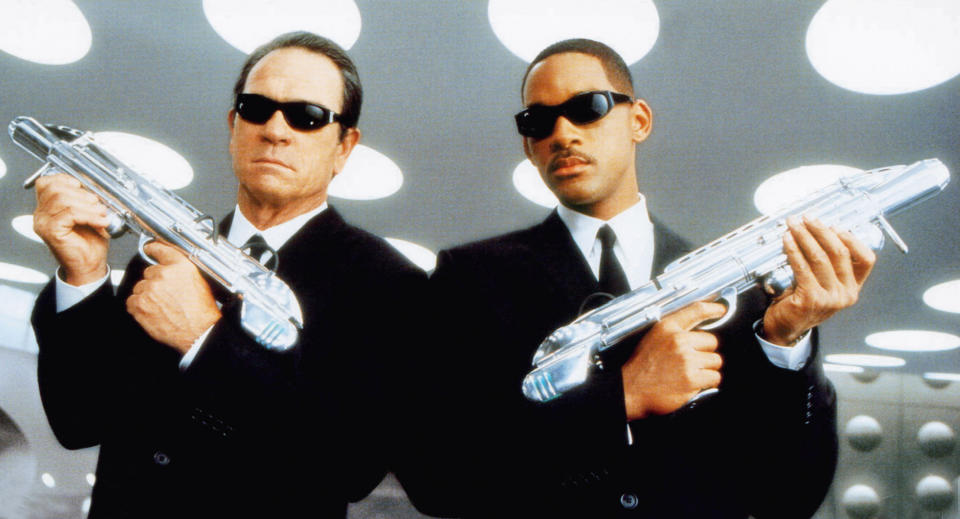
9."If you apply for a job in the UK at GCHQ, MI5, MI6, Fylingdales, etc., they will talk to every member of your close family. If any minor red flags come up, you might not get the job. Also, if you are Chinese, Russian, North Korean, etc. (I think that it extends to a grandparent or great-grandparent being from that country), you may not even be able to apply."
"Source: Stepdad was in MI6. Fun fact: If he wanted to go to certain countries (e.g. Israel), he had to ask permission from the Ministry of Defense to travel there."
"People from those countries will still be able to find jobs as translators and very basic things like that, but the MOD and UK government are incredibly cautious about the protection of national intelligence."
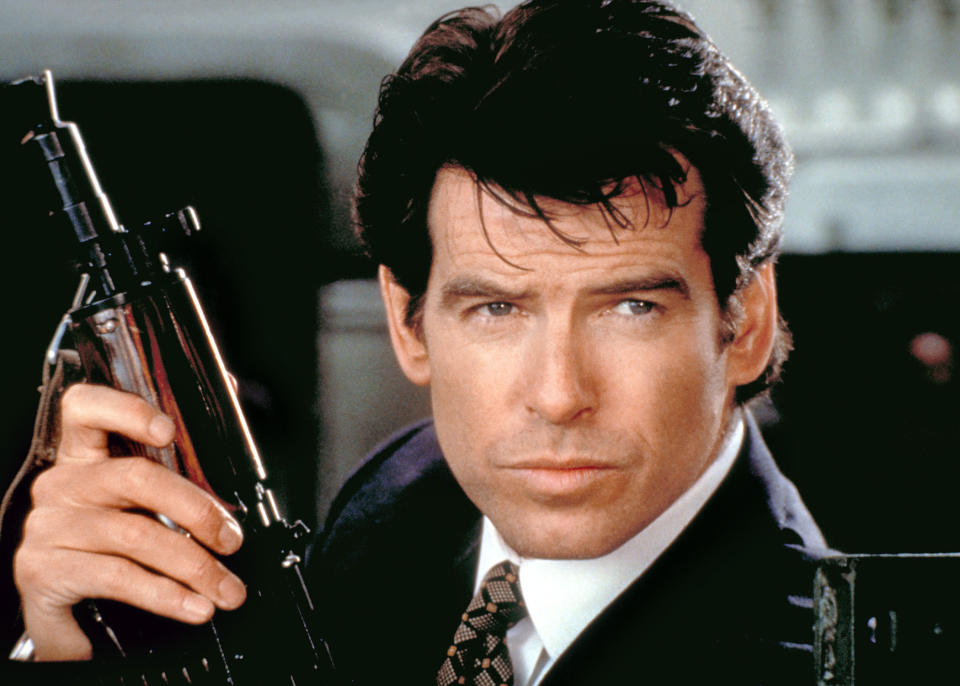
10."I've had a clearance, so I can weigh in a little. Two things: Firstly, most secret shit happens right in front of people's faces under the guise of being normal everyday stuff. Secondly, properly secret programs and operations are never named in any way that indicates what they are actually about. They're generally just two words chosen at random and that would rarely come up in normal conversation, stuff like 'Cracked Gorilla' (which I just made up off the top of my head)."
"So when people talk about classified stuff and its name is super topical, it's either very very old, or a nickname at best. Only public programs and operations have topical names as a PR motive, like 'Desert Storm.'"
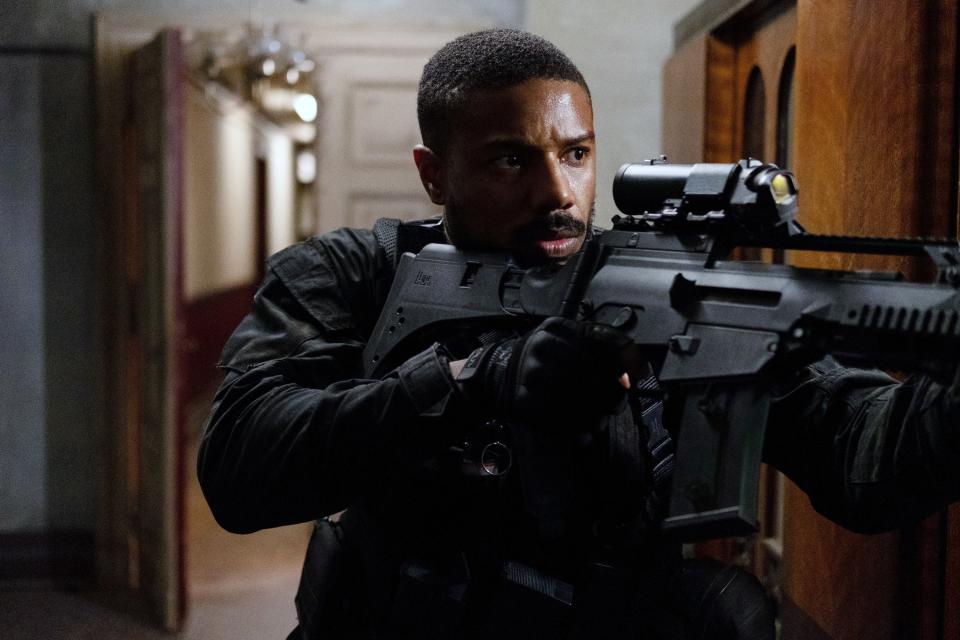
11."There is a book called The Moscow Rules. It was written by two CIA operatives about disguise. The CIA had all these agents in Russia, but the Russians were following literally every single American 24/7, looking for spies. So a huge part of their job was trying to shake off the KGB. They had quick change disguises, evasion techniques, all sorts of stuff. The movie Argo was somewhat based on one of the writers."
"I negotiated huge deals with the Russian government. I was tailed 24/7. One time, I didn't like the room the hotel gave me (I knew it faced the noisy side because I stayed there all the time), and instead of just giving me a new room, it was a 90-minute wait while they bugged a new room for me."
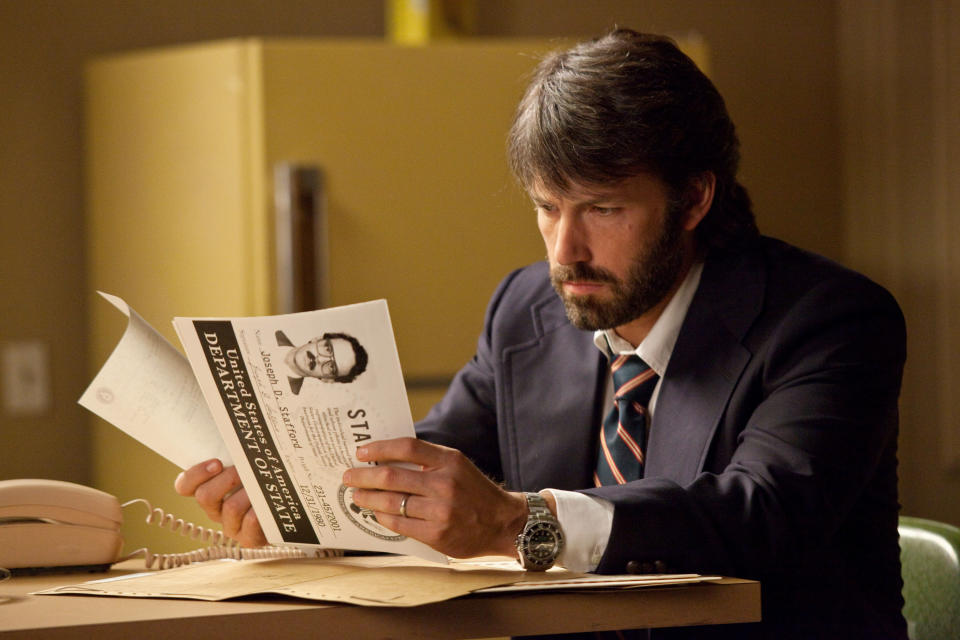
12."I once had an interesting conversation with the PhD who led the development of the insurance industry's top terrorism model. He explained that it wasn't a model of the likelihood of terrorism occurring; it was a model of the likelihood of anti-terrorism failing. There are far more frustrated terrorism attacks than there are successful ones.
"To do something big usually takes a lot of people or a lot of resources. For example, you can order a large amount of ammonium nitrate, but you'll get put on a list. You can have a large number of people order small amounts, but then you have a large number of people on which to draw inferences. Both stop terror attacks. Sometimes, you have multiple people that act almost as one (same habits, same social circle, same beliefs) like the two brothers in the Boston Marathon bombing, and it slips through the filters."
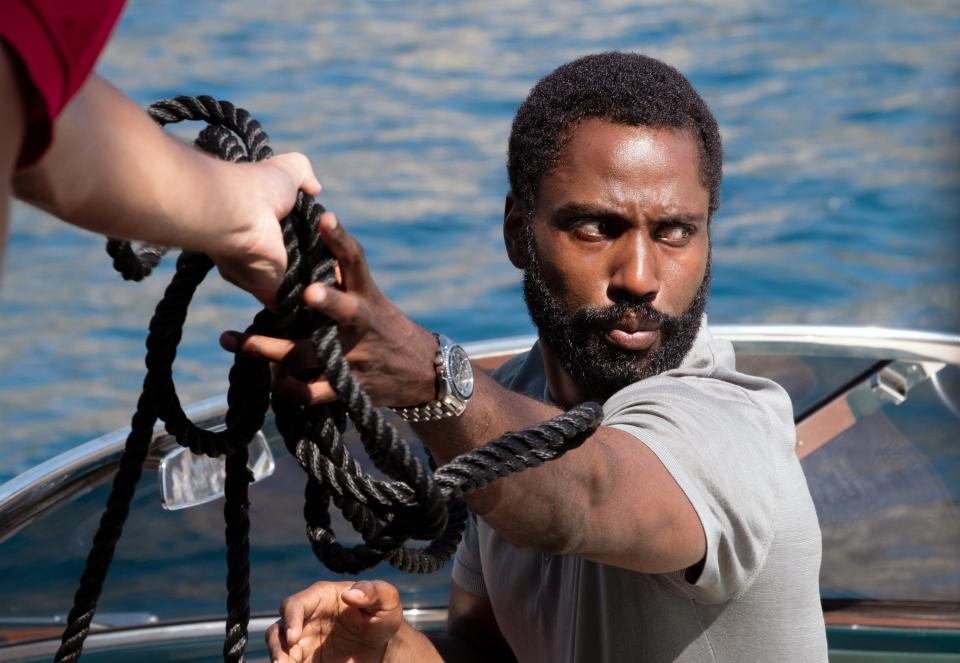
13."Not CIA, but I have worked with and know guys in intelligence. Most of the intelligence we get is from OSINT (open source intel: news articles, press releases, news networks, and government announcements). Most people think that everyone in intelligence is some James Bond/ Jason Bourne type of individual, when in reality, the majority of analysts sit at a desk and go through news articles all day."
"That said, that’s not the only method we have to gather intel, but it is where most of it comes from. Even analysts that are using other methods such as GEOINT (geospatial intelligence), IMINT (imagery intelligence), and SIGINT (signals intelligence) spend their day cropping images for minute details or replaying and monitoring the same signal over and over again."
"I have a buddy who was a contractor for NSA. He’s a programmer, and he monitored global social media for signs of social unrest/uprisings/coups."
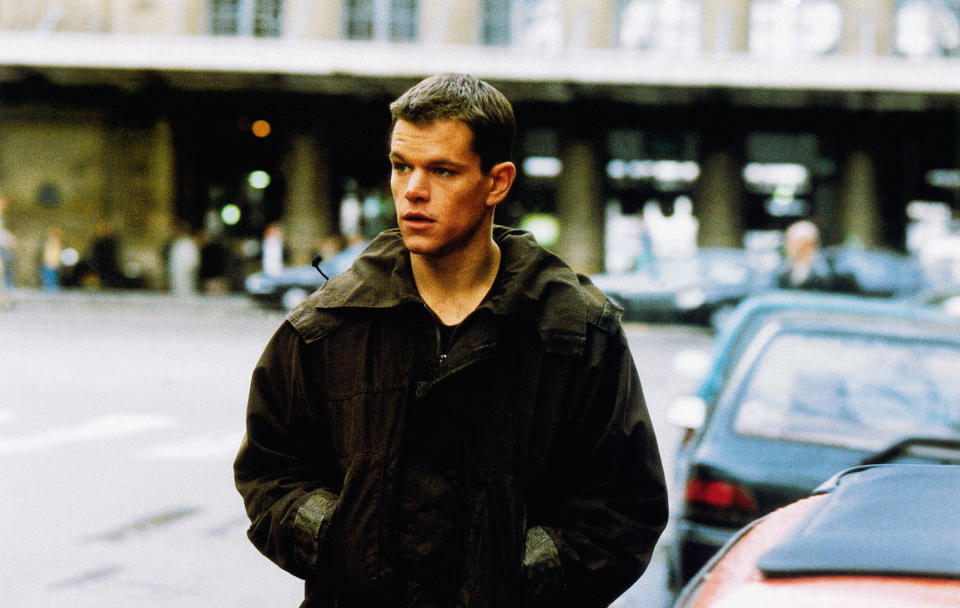
14."We are all told not to use sites like Reddit, and social media in general is pretty much a no-go."

15."I worked with a woman who was former NSA. We would always beg her to tell us shit, but she never did. The one thing she did say was that during training, they show them a video of a bunch of things they've found out about and put a stop to. She said she hardly slept for two weeks after watching that."

16."NSA employs psychiatrists who are cleared to be read into almost any program. Going to them, though, is often seen as a mark of shame among other agency employees, so they are not used nearly as often as they should be."
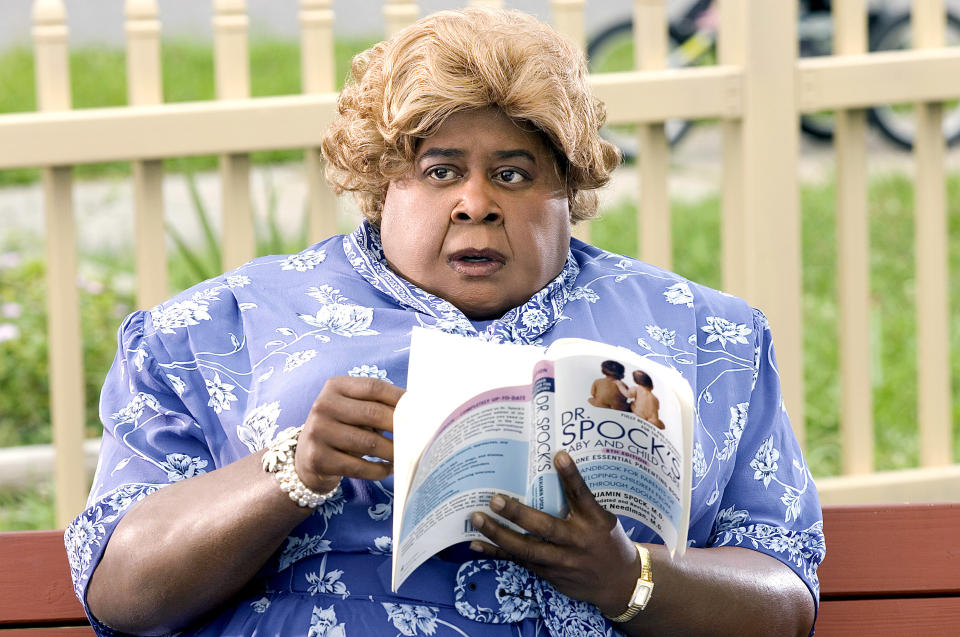
17."An ex-government man once told me Get Smart was more accurate than James Bond."
"A friend of mine who worked for an agency told me the closest TV show they ever saw to the reality of what happens at the agencies was Archer (the FX cartoon)."
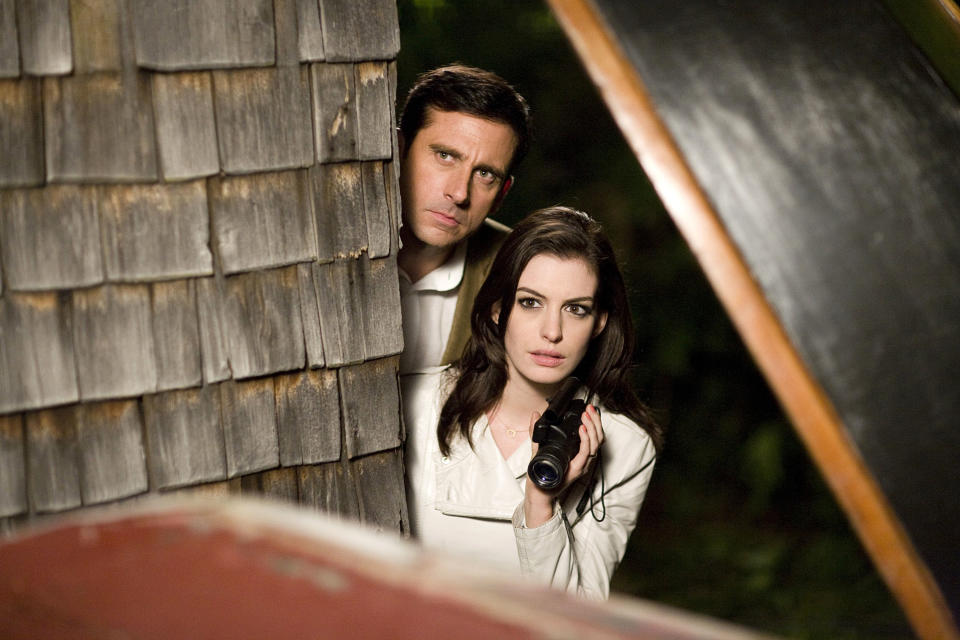
18.And finally, "I worked with the Australian Federal police with the spider squad doing 'computer stuff' for them in regards to pedophiles and finding trafficking victims. It was the most heartbreaking work, but when you got the pedophiles, the office looked like NASA after a Mars landing."
"I don't know if I'm allowed to say, but a mentor who definitely wasn't supposed to tell me used to be a white hat for the FBI. Apparently, all he did was search for pedophiles by tracking child pornography. He said he didn't stay for very long because it was messing with his mental health."
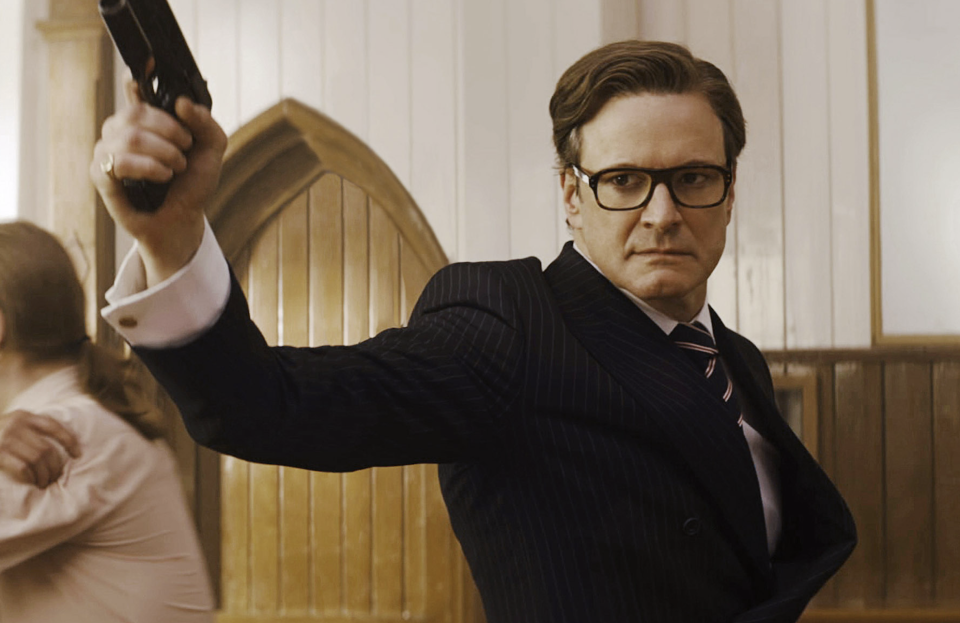
What do you think about these secrets and stories? LMK in the comments below!
Some responses have been edited for length and/or clarity.